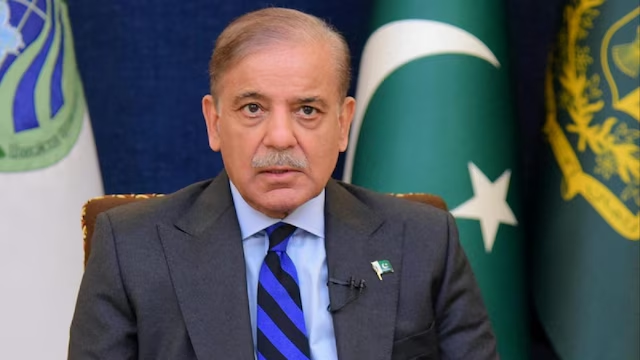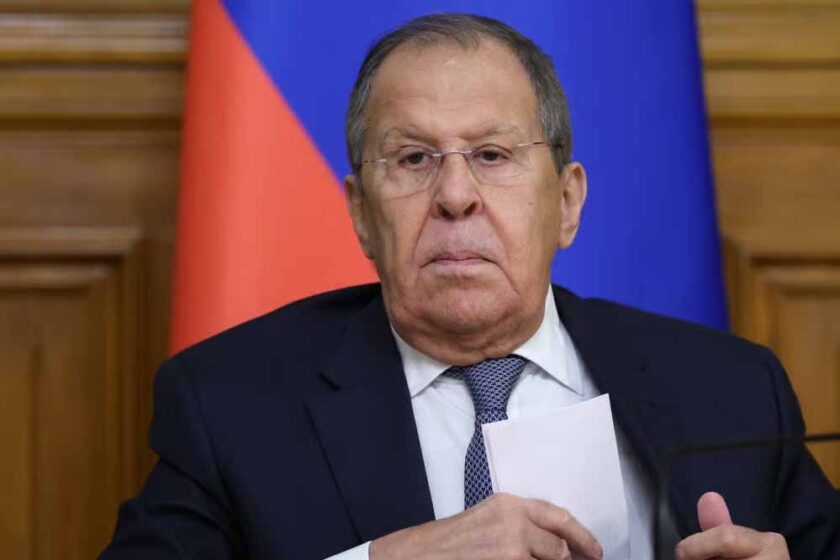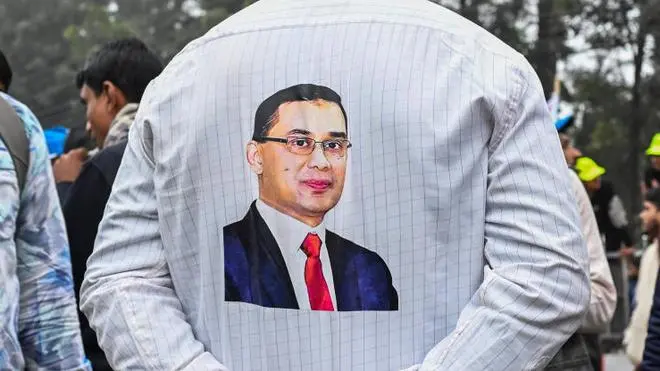Islamabad – In a major boost to its mineral development ambitions, Pakistan has secured a $700 million concessional loan from the World Bank and the International Finance Corporation (IFC) to fund its flagship Reko Diq mining project in the resource-rich province of Balochistan.
According to a report published in The Express Tribune, the loan approval is being seen as a significant diplomatic and financial victory for Pakistan, paving the way for further $2.5 billion in private-sector investment in what is touted to be one of the country’s most critical economic ventures.
The Reko Diq project, jointly owned by Barrick Gold Corporation, the Government of Pakistan, and the Government of Balochistan, is expected to transform Pakistan’s mineral sector and drive long-term economic growth. The mine is projected to commence production in 2028.
Strategic Investment in Resource Development
Located in the Chagai district of Balochistan, the Reko Diq site is believed to be among the world’s largest undeveloped copper and gold deposits. With global demand for rare minerals surging, the project is considered vital for both national resource monetization and regional development.
Experts view the World Bank and IFC’s involvement as an endorsement of Pakistan’s economic direction and resource governance, especially as the country looks to attract global investors and stabilize its macroeconomic fundamentals.

Pakistan’s Finance Ministry welcomed the development, calling it “a milestone moment that reaffirms international confidence in Pakistan’s ability to implement large-scale, high-value infrastructure projects.”
With formal financing now secured, groundwork and operational planning are expected to accelerate in the coming months. The project is also anticipated to create thousands of jobs and stimulate allied industries in the region.
This strategic partnership between international lenders and Pakistan underscores the global shift toward investing in sustainable and well-governed resource extraction projects, especially in underdeveloped but high-potential regions.










